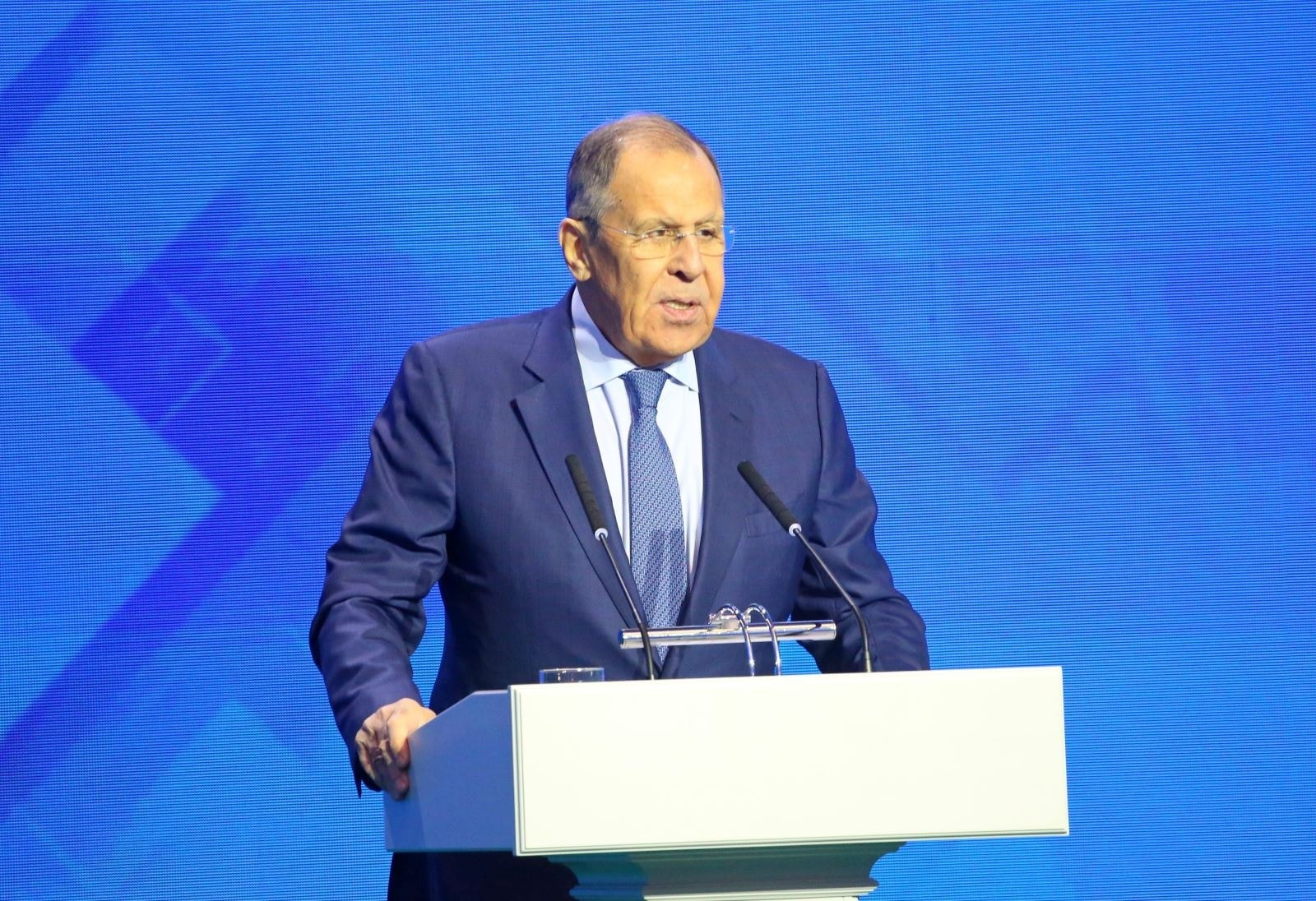Russian Foreign Minister Sergey Lavrov reveals three key conditions for a ceasefire in Ukraine. Is this the path to peace?

According to Russia's TASS news agency on December 6, in an interview with journalist Tucker Carlson, Russian Foreign Minister Sergey Lavrov detailed the conditions that Moscow set for ending the conflict in Ukraine. These conditions are not only related to the military but also cover cultural and linguistic issues.
Specifically, Foreign Minister Lavrov emphasized three key conditions for peace: Ukraine must completely abandon plans to join NATO, close all Western military bases on Ukrainian territory, and cancel all military exercises involving foreign troops. Mr. Lavrov noted that these conditions are not new, but were stated by Russian President Vladimir Putin in April 2022.
Another important point that Foreign Minister Lavrov highlighted was Ukraine's "ban on the Russian language, Russian media, Russian culture and the Ukrainian Orthodox Church". Mr. Lavrov considered this a violation of the UN Charter and said that the West has been silent on these actions since 2017.
In addition to the above conditions, Russia also wants Ukraine to withdraw its troops from Donbass and Novorossiya, lift all Western sanctions, and commit to non-alignment and non-nuclear status. However, Ukraine has firmly rejected Russia's peace plan.
Meanwhile, Kremlin spokesman Dmitry Peskov said there was currently no basis for negotiations with Ukraine. According to Peskov, many countries have offered to mediate such talks, including Qatar, and the Kremlin appreciates Doha's willingness to mediate. However, Moscow and Kiev's positions remain diametrically opposed.
However, experts told Izvestia that with the return of US President-elect Donald Trump to the White House, Ukraine's stance on potential conditions for ending the conflict could become more flexible.
Several countries have proposed peace plans, notably the initiative by China and Brazil in May this year. According to Vladimir Vinokurov, editor-in-chief of Diplomatic Service magazine and professor at the Diplomatic Academy of the Russian Foreign Ministry, this proposal has the best chance of success because it focuses on content rather than specific locations.
For his part, Andrey Kortunov, an expert at the Valdai Club and Scientific Director of the Russian International Affairs Council (RIAC), made a remarkable observation: "As the situation changes, unfortunately for Ukraine, the idea of returning to the 1991 borders is losing its relevance."